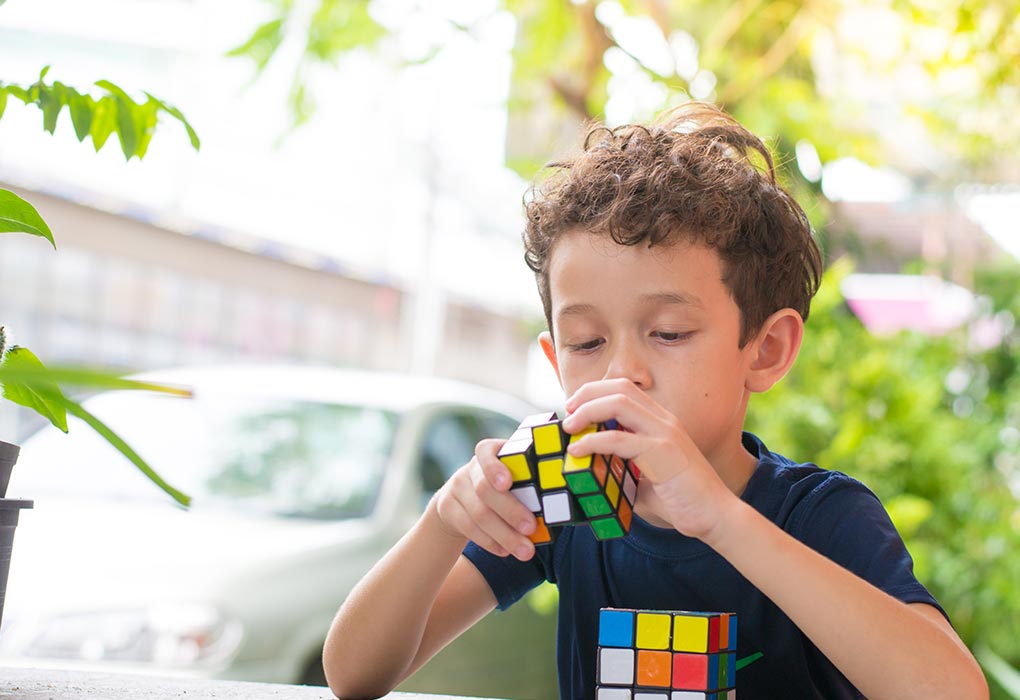×
×
Critical Thinking for Children
15th February 2022
We are delighted to have joined forces with Role Models – an impact-driven education provider renowned for delivering engaging, enjoyable children’s courses which complement academic skills with the emotional skills needed to thrive in tomorrow’s world.
Resilience, leadership skills, problem solving strengths, a growth mindset… these are just some of the invaluable skills Role Models helps foster among today’s young people. Another is ‘critical thinking’.
We spoke to Role Models’ Character Education Team Manager, Laura Kay, about critical thinking, its importance and how to instil it from an early age…

What is critical thinking?
Critical thinking is the ability to think clearly and rationally. Open-minded and well-informed, a critical thinker can objectively evaluate a situation or issue to reach a final, evidence-based conclusion.
As such, critical thinking is a skill that is fundamental in all areas of life; and a notable strength to today’s young learners.
Why is critical thinking important?
Now more than ever, we are inundated with information. News is available to use 24 hours a day from a wide range of sources. Whether at school or at work; at home or when travelling; all age groups need to be able to think critically: to interpret, to analyse, to explain and to evaluate the information – some true, some false – which we are constantly receiving.
How can parents encourage critical thinking from home?
Here are Role Models’ Top 3 Tips:
-
Ask open questions – i.e. ‘How…?’ not ‘What…?’ questions
Asking open questions provides an opportunity for children to understand their thought process. It encourages them to think laterally and consider the process, rather than focussing on a correct or incorrect answer.
-
If you were in their shoes…
Encourage children to think about the perspective of others using questions like, ‘You might feel this way, but how do you think the other person feels?’. This can be done during conflict resolution between friends and siblings, or when reading books and thinking about how characters feel and act.
-
Encourage problem solving
As parents, we can be tempted to try and solve our children’s problems. It may be because we don’t want to see them suffer, or it may simply be quicker to help them work something out, rather than letting them struggle through it. The practice of problem solving from an early age is hugely beneficial to building children’s emotional resilience as well as their ability to critically evaluate and resolve problems.
Eaton Square Prep School will host two Role Models’ life skills courses during the 2022 Easter and Summer holidays. These courses are open to pupils at both Eaton Square and beyond.
To book and discover more about each course, please click the links below.
For ages 5-7, click here; For ages 8-11, click here
General, News, Nursery, Online, Prep, School Events
